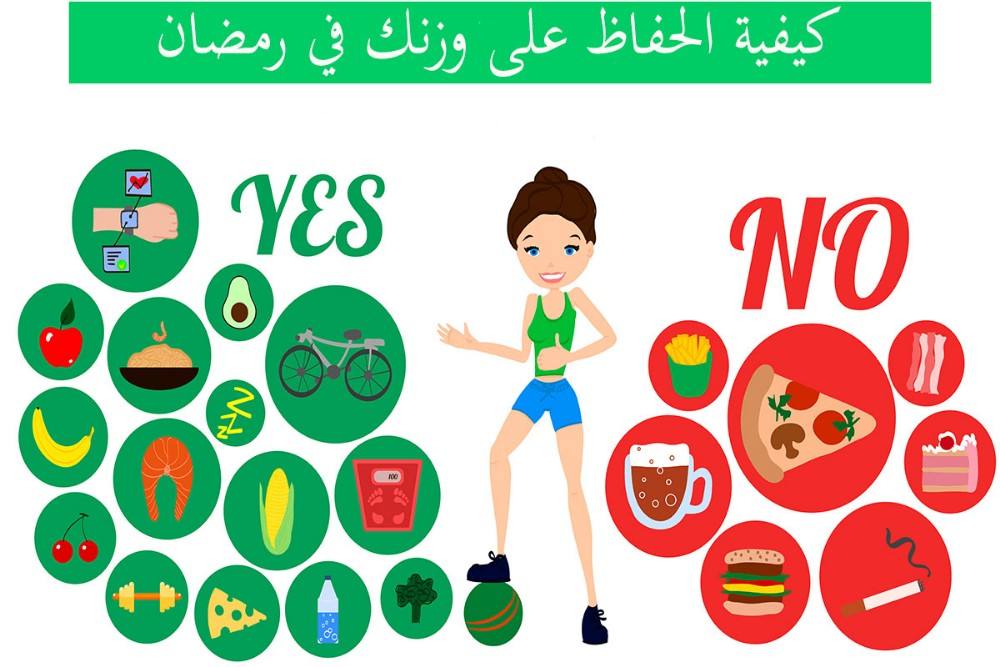You spent the whole day answering work emails, running errands, and caring for your kids. Yet when night falls, you’re furiously counting sheep instead of catching z’s. Needless to say, your next-day energy levels are almost non-existent, and you end up feeling and functioning at a suboptimal level due to a lack of sleep.
When you aren’t able to fall asleep or stay asleep at night, you’re not getting the sleep you need, meaning you’re racking up sleep debt (how much sleep you owe your body over the last 14 nights). The effects of sleep debt can be felt immediately, impacting everything from your productivity at work to how positive you feel during the day, with the inevitable lower energy levels meaning you’re not functioning or feeling your best.
This might leave you wondering how it’s possible you’re asking yourself how to make yourself tired at night — indeed, you know you’re incredibly tired! As it happens, your struggle to fall asleep and stay asleep has likely nothing to do with how tired you are.
This post will show you that meeting your sleep need (the genetically determined amount of sleep you need) is not about finding the right sleeping position or monitoring your sleep quality (for which there's no scientifically agreed upon definition). Instead, learning how to improve your sleep hygiene (key behaviors practiced throughout the day paired with your circadian rhythm) will help you fall asleep and stay asleep to get the rest your body needs.
How does tiredness work?
What is sleep hygiene?
How can I make myself feel tired?
If you’re wondering how to make yourself tired so you fall asleep and stay asleep, the first thing you really need to know is how tiredness “works.”
Your sleep drive and circadian rhythm are two independent processes that work together to control your sleep-wake cycle; which is to say, together they determine how much you need to sleep and the timing of that sleep. Understanding how your sleep drive and circadian rhythm interact with each other is the foundation for helping you get the hours of sleep you need for better energy the next day.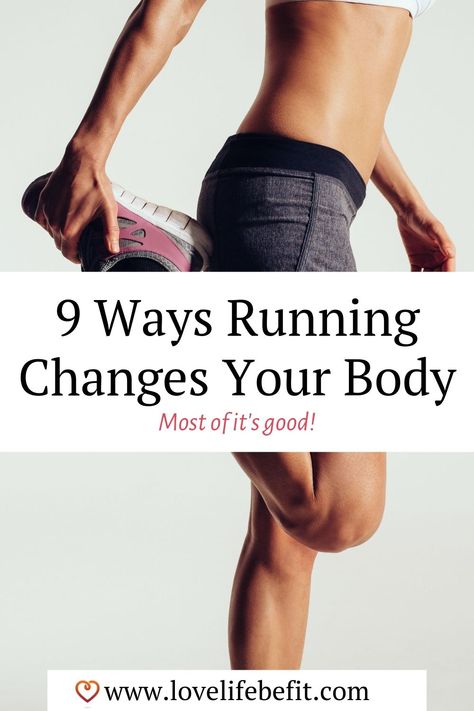
Your sleep-wake cycle relies on sleep pressure to operate normally. Sleep pressure is the gradual buildup of adenosine — an organic compound that causes drowsiness — to help you fall asleep at night. So, how does sleep pressure relate to your sleep drive (aka sleep homeostasis)?
You can think of sleep homeostasis as a seesaw that wants to be level. When sleep pressure builds during your waking moments on one end, the seesaw becomes unbalanced. This prompts you to go to bed at night and purge your brain of adenosine while you sleep, returning the seesaw to its balanced state come morning.
When your body isn’t given the chance to meet its sleep need, it can’t fully remove adenosine. The leftover adenosine or resulting sleep debt is why you don’t have to wonder about how to make yourself tired — your body will carry over the remaining adenosine to the next day. Instead, what you need to do is to learn how to work with your circadian rhythm, which dictates the ideal timing of sleep (and practice good sleep hygiene so as to not interfere with that process) to help you get the sleep you need.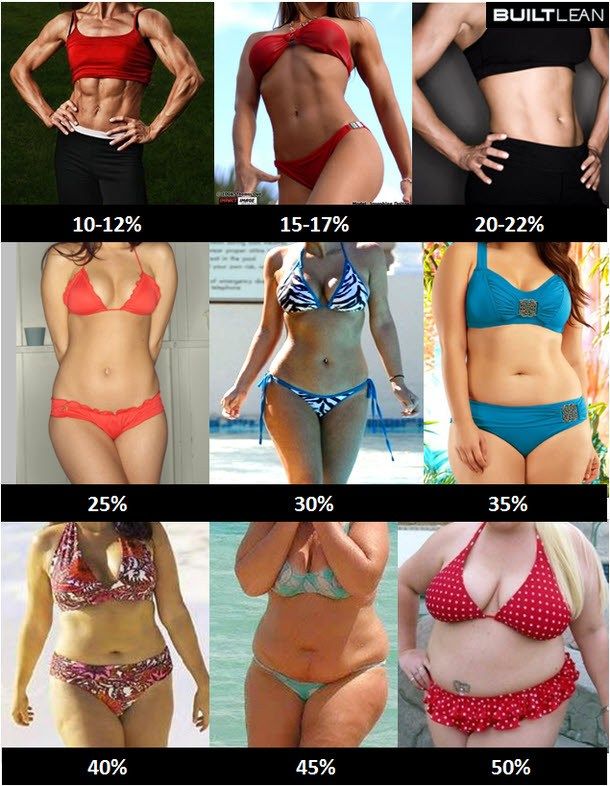
Understanding how your sleep drive works is fundamental to getting quality sleep, but it’s not the only factor. The other part of the equation is your circadian rhythm, your internal clock that operates in roughly 24-hour periods.
Your circadian clock dictates how your energy levels fluctuate throughout the day and plays a key role in helping you get to sleep at night. When you wake up, light triggers your circadian master clock — the suprachiasmatic nucleus (SCN) in your brain — to produce circadian-alerting signals and neutralize drowsiness. These signals increase steadily from the moment you rouse until quieting down temporarily in the afternoon (i.e., your afternoon dip). They then pick up again.
As you get closer to your bedtime, your sleep drive is at an all-time high. In response, your internal clock puts in one last burst of energy to produce peak levels of circadian-alerting signals and try to combat the increased sleepiness. This is why you usually experience an energy surge during the few hours before bed (we call this phase your Evening Peak in the RISE app).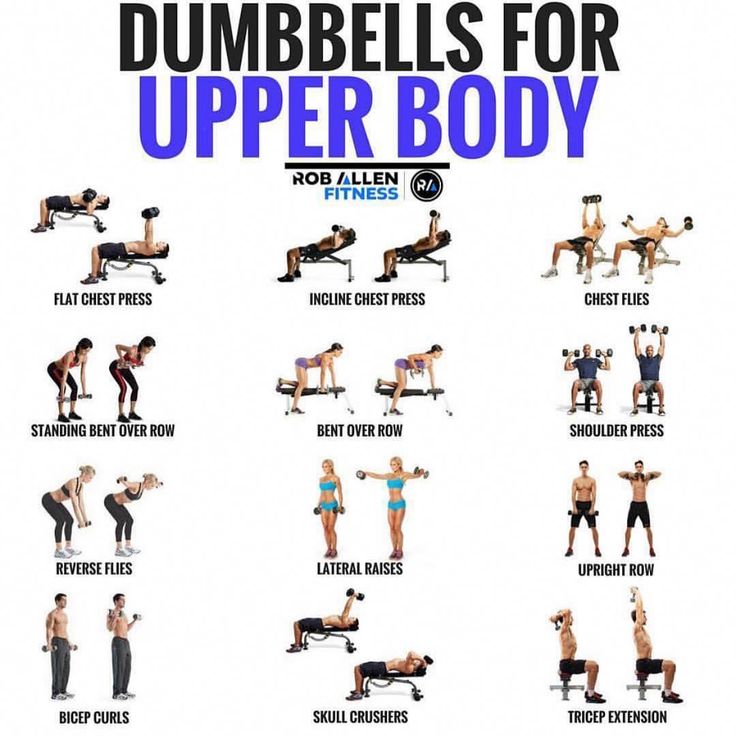 This is why falling asleep 2-3 hours before your biological bedtime is nearly impossible, which is something you’ve probably encountered when traveling east between different time zones (it’s more difficult to bring your bedtime forward than delay it).
This is why falling asleep 2-3 hours before your biological bedtime is nearly impossible, which is something you’ve probably encountered when traveling east between different time zones (it’s more difficult to bring your bedtime forward than delay it).
Past this second energy peak, the circadian signals lose their intensity due to the absence of light. Faced with an overpowering sleep drive, you’ve reached your prime time for sleep, which we refer to as your Melatonin Window in the RISE app (more on that later).
If you’re wondering why you have trouble sleeping at your target bedtime, circadian misalignment is often the crux of the problem. External factors like caffeine have the power to keep your body up later than it would naturally like, upsetting your internal clock. Things like light exposure, your previous sleep-wake times, temperature, food, and exercise all have the power to influence and therefore misalign your circadian rhythm, too.
Sleep hygiene is the name for the set of habits you can do throughout the day to help you sleep at night.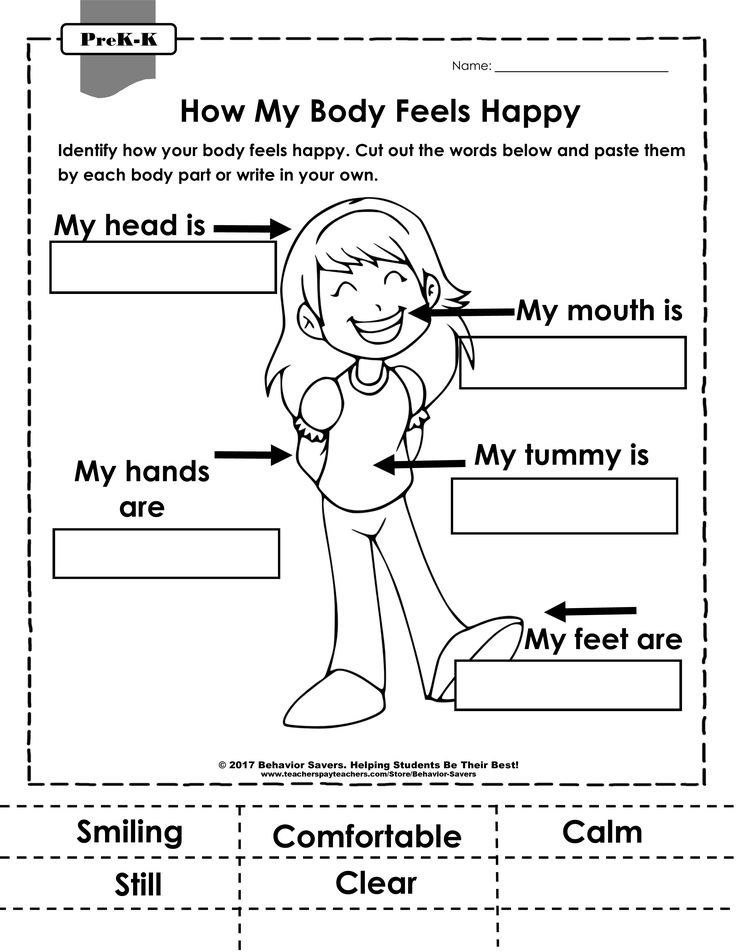 But why is this important?
But why is this important?
Getting the sleep you need isn’t about how to make yourself tired (which, in reality, is redundant since you are most likely already sleep-deprived). Instead, the question you should be asking yourself is, “How can I fall asleep quickly and stay asleep?”
The answer: By understanding your circadian rhythm and developing better sleep hygiene to help you meet your sleep need. But, these two things aren’t completely separate. In fact, sleep hygiene is most effective when paired with your individual circadian rhythm.
For example, if you know the start of your Melatonin Window, you can make sure you don’t get too much light exposure too close to your bedtime. The RISE app helps you estimate when you should start wearing your blue-light blocking glasses to prevent artificial light from suppressing your body’s natural melatonin production, better known as the sleep hormone. Doing so ensures you’ll have optimal melatonin levels to help you feel sufficiently sleepy by the time your bedtime rolls around.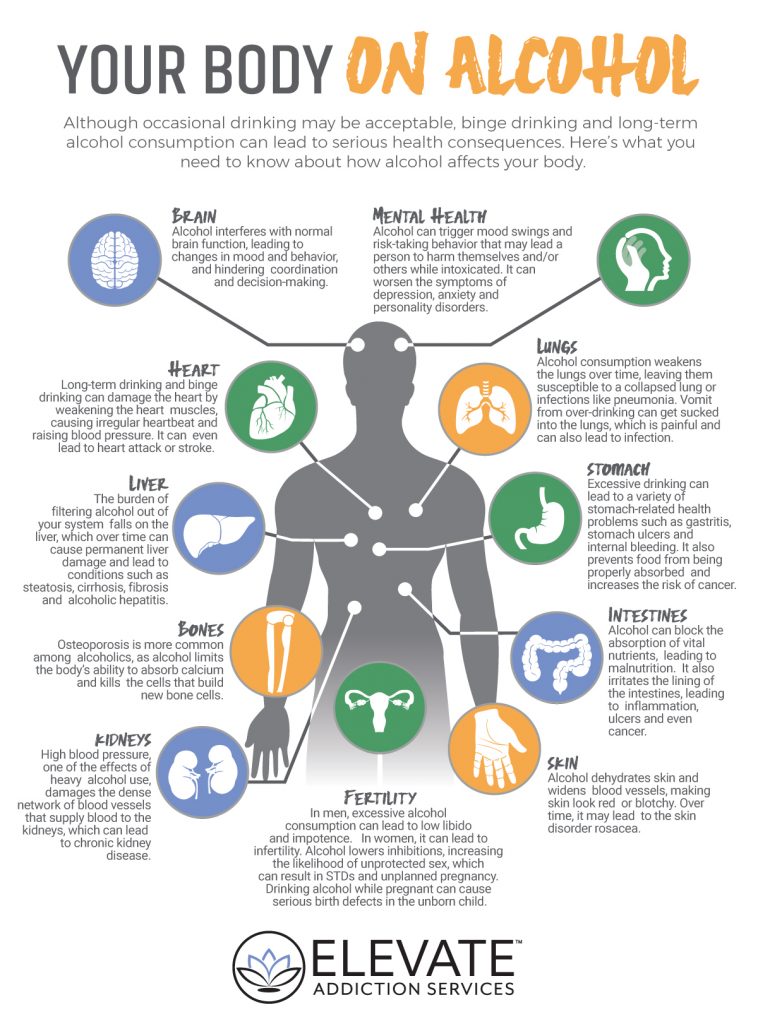
This, in turn, promotes a virtuous cycle of hitting the sack at the best time for your sleep cycle so you can meet your sleep need.
But remember sleep hygiene isn’t purely about your bedtime routine and sleep habits. Instead, sleep hygiene also includes daytime behaviors that affect your nightly slumber. Practicing the daytime do’s and don’ts per our recommendations below can help you feel sufficiently sleepy when it’s time for bed.
For a more in-depth read on how to improve your sleep hygiene at any time of day, check out our Sleep Guide.
There are some things you can do to make falling asleep easier in the moment, but a lot of these behaviors start earlier in the day. Here are 23 ways you can make yourself feel tired either straight away or night after night.
Irregular sleep and wake times trip up your circadian rhythm and cause circadian misalignment. This disrupts the hormones regulating sleep, making it harder to fall asleep when you want to. Beyond sleep hormones, circadian misalignment throws off hormones regulating your metabolism, inflammation, and almost every other process in your body, draining you of energy and impacting your mood, weight, and many other functions.
This disrupts the hormones regulating sleep, making it harder to fall asleep when you want to. Beyond sleep hormones, circadian misalignment throws off hormones regulating your metabolism, inflammation, and almost every other process in your body, draining you of energy and impacting your mood, weight, and many other functions.
For many, the workweek revolves around an early sleep schedule. When the weekend rolls around, we tend to keep late nights for social calls and sleep in the next morning. Unfortunately, this sets you up for social jetlag (a disconnect between your biological and social times), which is why you have difficulty snoozing on Sunday night even if you’ve gone to bed early.
Keeping your sleep patterns regular is one of the best ways to strengthen your circadian rhythm and help you reliably go to sleep when it’s best for you. Aim for a consistent sleep schedule that accounts for your sleep need and chronotype (i.e., your biological timing preferences for sleeping and waking; morning bird, night owl, and everything in between).
Knowing when to go to bed is vital to falling asleep more easily and remaining asleep throughout the night. But, there’s a huge difference between trying to go to bed earlier and knowing exactly when that optimal window of time is.
RISE takes the guesswork out of finding the best time to go to sleep by calculating your biological bedtime based on your recent sleep times and circadian rhythm. We call it your Melatonin Window in the app, which may change from day to day, depending on external factors and how consistent your sleep schedule has been.
As darkness falls, your brain starts producing melatonin about two hours before bedtime in what scientists call the dim light melatonin onset (DLMO). About two hours later, you’ll reach your Melatonin Window, a prime time for sleep as your body’s melatonin production hits peak levels.
When you don’t go to bed during your Melatonin Window (read: you sleep earlier or later), it's harder for you to doze off as your body now has less melatonin to work with.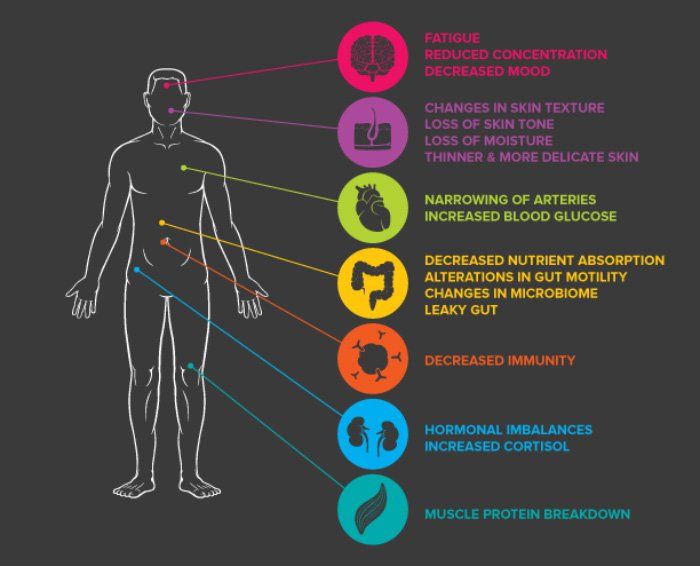 RISE can help you hit the sack at the right time to avoid the above scenario. Go to the "Energy" tab in the app and add the “Melatonin Window” habit to your "Energy Schedule." This way, you won't miss out on your prime time for sleep.
RISE can help you hit the sack at the right time to avoid the above scenario. Go to the "Energy" tab in the app and add the “Melatonin Window” habit to your "Energy Schedule." This way, you won't miss out on your prime time for sleep.
Napping lowers your sleep drive, or the urge to sleep, so if you nap too close to bedtime or nap for too long, it will be harder to fall asleep at night.
Check RISE to see when your afternoon dip in energy is. This is the ideal time to take a nap.
Plus, keep naps to 90 minutes maximum (the longer you sleep, the more sleep pressure you release). Alternatively, a shorter nap — think 10 to 20 minutes — may be the best nap length instead, as power naps can boost alertness, memory, and performance, without interrupting nighttime sleep.
Light is a major contributing factor to circadian misalignment but light at the right times can make it easier to fall asleep and stay asleep come bedtime.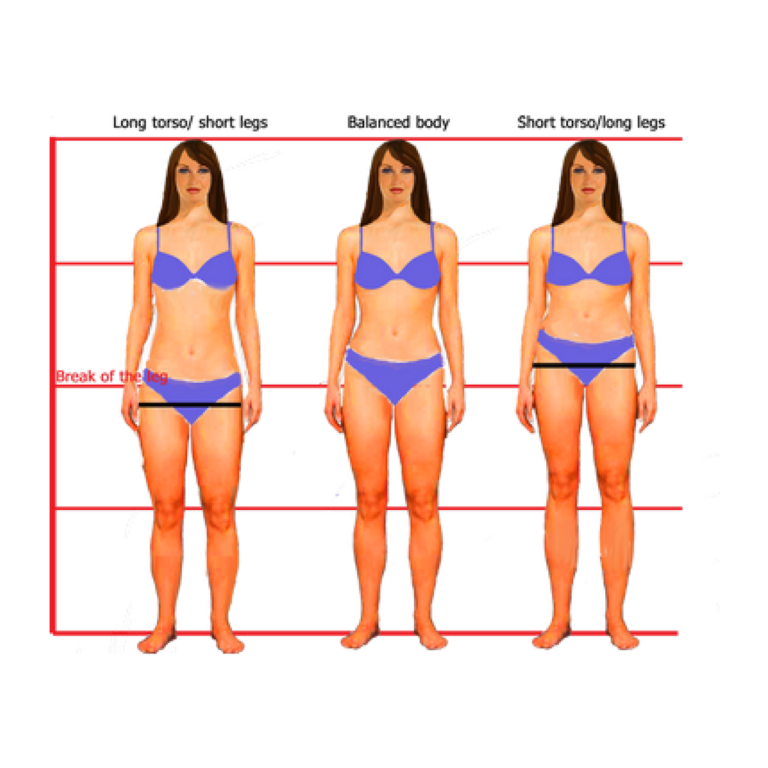 Exposure to sunlight in the morning prompts your brain to suppress melatonin — waking you up — and raises cortisol (a hormone that encourages alertness) and serotonin (a mood-regulating neurotransmitter). About 12 hours later, this serotonin will get converted into melatonin to help you feel sleepy.
Exposure to sunlight in the morning prompts your brain to suppress melatonin — waking you up — and raises cortisol (a hormone that encourages alertness) and serotonin (a mood-regulating neurotransmitter). About 12 hours later, this serotonin will get converted into melatonin to help you feel sleepy.
Aim to get at least 10 minutes of light as soon as possible after waking up to reset your circadian rhythm. Natural light is best, but a light box can work if this isn’t an option. If it’s cloudy outside or you’re getting light through a window, aim to get 30 minutes of light exposure instead.
Light isn’t just important in the morning. Aim to get four to five hours of bright light exposure during the day, too. Work by a window, go for a walk, and take your workout outside to maximize how much sunlight you get.
Research shows light exposure during the day can make you less sensitive to bright lights come evening. That brings us to our next tip.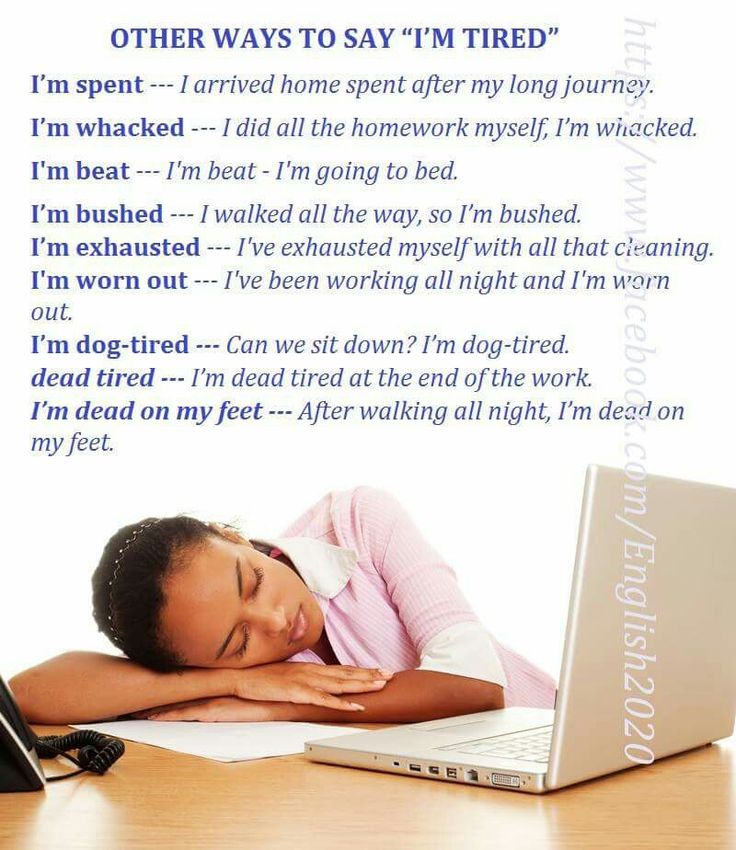
Where light can work for you in the morning to help you wake up, it can also work against you at night and hinder your sleep.
Modern society has taught us to surround ourselves with artificial light when darkness falls — think blue-light-emitting electronic devices and street lights. This fools your brain into thinking it’s still daytime. Too much light at any intensity (bright or dim) may make us assume our inability to fall asleep is due to insomnia rather than the light sources around us.
In fact, research shows that exposure to artificial room lighting (less than 200 lux) at dusk:
With suboptimal melatonin levels to work with, it’s no wonder you don’t feel tired even when it’s time for bed.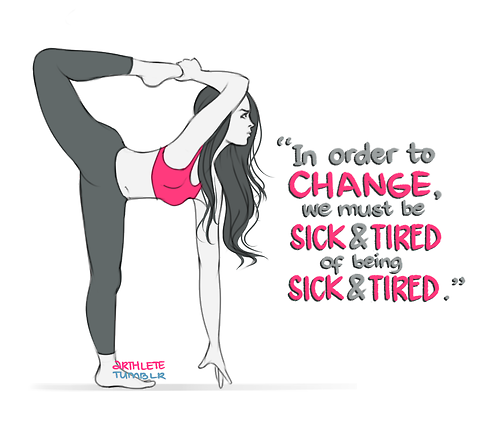
When dusk falls, wear blue-light blocking glasses and opt for dim lighting to help you fall asleep more easily. RISE can remind you when to wear your glasses to minimize blue light exposure. Go to the "Energy" tab in the app and add the “Blue-Light Blocking” habit to your "Energy Schedule."
Caffeine blocks the adenosine receptors in your brain to keep sleep pressure at bay. For that same reason, caffeine keeps you up at night if you drink it too close to your bedtime. And caffeine can last in your system for up to 12 hours.
You can still enjoy a cup of coffee or two during the day without it impacting you at night, though. You just need to find out your unique cutoff time. This is the time of day you should stop drinking caffeine to give your body enough time to clear it out of your system by bedtime. RISE can work out when this is based on your circadian rhythm each day. Learn more about your ideal caffeine cutoff time for better sleep here.
You may liken alcohol to sleep medicine, but that’s a common misconception. The reason being, alcohol facilitates an easy transition into unconsciousness, but it’s coupled with frequent wake-ups in the middle of the night.
It’s best to abstain from alcohol entirely in the name of healthy sleep. But if you have to have a nightcap, drink it at least 3-4 hours before bed. The RISE app has an “Avoid Late Alcohol” habit that you can add to your energy schedule for timely reminders.
Large meals are yet another thing that can disrupt and push back your circadian rhythm, making it harder to fall asleep when you want to.
Have your last meal at least three hours before bedtime to stop this from happening. This will also stop things like acid reflux and digestive issues keeping you up or waking you up in the night.
Plus, there may be other health benefits to eating earlier, too. Research shows eating too close to bedtime messes with your glucose metabolism and is linked to weight gain.
Research shows eating too close to bedtime messes with your glucose metabolism and is linked to weight gain.
It’s not just when you eat, what you eat can also make it harder to fall asleep.
Avoid spicy, rich, fatty, high-carb, and sugary meals before bed as they can cause digestive issues and keep you up. Eating meals with lower fiber content and high saturated fat and sugar has been associated with lighter sleep and waking up more often in the night.
There are foods that can help you sleep, on the other hand. Turn to fiber-rich foods like beans, broccoli, and whole grains, as fiber has been linked to getting more deep sleep. Tryptophan is a sleep-promoting amino acid you can find in things like chicken, eggs, spinach, and chickpeas. You can learn more about how food affects your sleep here.
Regular exercise helps you fall asleep faster, promotes deep sleep, and recalibrates your circadian rhythm. Intense exercise even increases adenosine levels, making you feel drowsier, and decreases sleep latency, the time it takes to fall asleep. So, if you don’t already, make sure to get some exercise each day to help you sleep at night.
Intense exercise even increases adenosine levels, making you feel drowsier, and decreases sleep latency, the time it takes to fall asleep. So, if you don’t already, make sure to get some exercise each day to help you sleep at night.
But exercising too close to your bedtime may be what’s keeping you from dreamland.
According to a 2018 systematic review in the Journal of Sports Medicine, participants who engaged in vigorous exercise less than an hour before sleep spent more time in bed wide awake.
Avoid working out at least one hour before your target bedtime. RISE can help you achieve this when you add the “Earlier Workouts” habit to your energy schedule in the app.
There is one exercise we endorse close to bedtime: sex. Orgasms trigger oxytocin and prolactin and suppress cortisol, making you feel more relaxed. Especially in women, orgasms can even slow down brain activity in the amygdala, hippocampus, and prefrontal cortex, which reduces alertness, anxiety, and decision-making thinking, making it easier to drift off.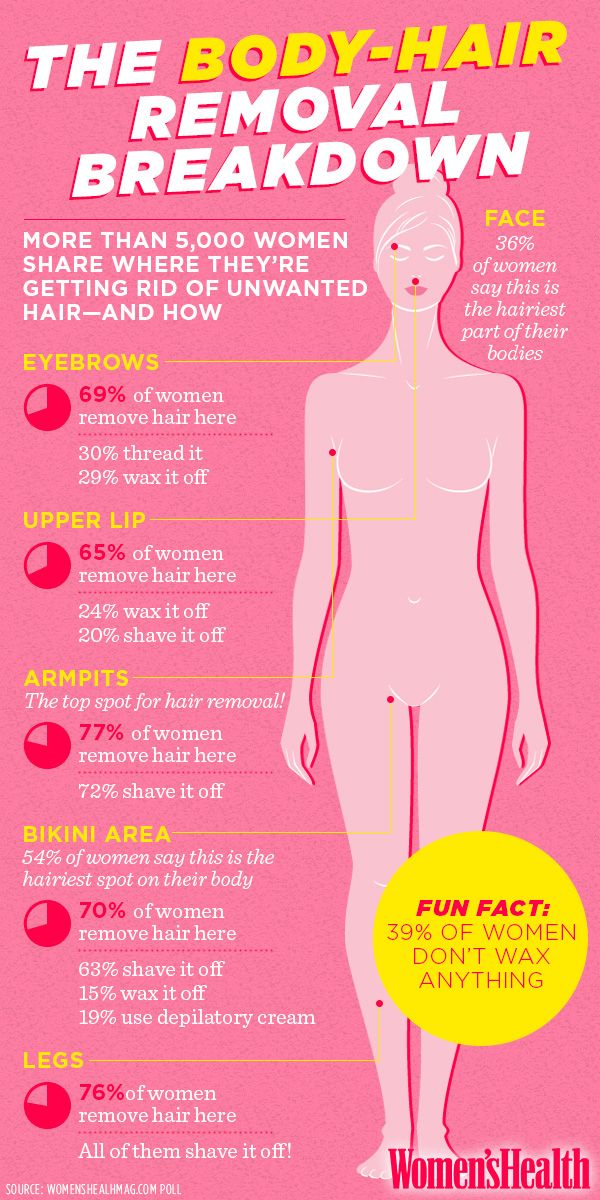
Even orgasms from masturbation have been associated with better sleep latency and better sleep quality.
We’ve all been guilty of staying up way past our sleep time — even when nothing is keeping us from it. Perhaps you’ve been busy all day, and this is the only free time you have to scroll through social media on your cell phone. No matter your excuse, you’re engaging in bedtime procrastination.
An evening wind-down is the perfect pre-sleep routine to help you step away from slumber-distracting tasks and focus on slowing down your body and mind. Make time to do relaxing activities like reading, journaling, yoga, or listening to calming music.
You can personalize your wind-down in the RISE app to your liking. Turn on the in-app notifications to give yourself a heads up on your wind-down 1-2 hours before bed.
Temperature is hugely important to getting a good night’s sleep. Keep your bedroom at a cool 65 to 68 degrees Fahrenheit and make sure your bedding or night clothes aren’t making you too warm.
A hot shower or a warm bath can also help to cool you down before bed. The warm water helps to mimic the natural drop in your body temperature you get before bed, boosting your chances of more restful sleep. The warm water dilates the blood vessels near the skin surface, which are then exposed to cool air when you emerge from your shower or bath, cooling your body down rapidly. A warm bath or shower can also be part of a calming bedtime routine, too.
As well as keeping your bedroom cool, make it dark and quiet. Use blackout curtains and an eye mask and ear plugs. If you get up in the middle of the night to use the bathroom, avoid using bright overhead lighting and use your phone flash light instead. If earplugs aren’t enough to block out noise, try a white noise machine.
If you have high cortisol levels, you may find yourself physically tired but mentally wired, meaning you toss and turn late into the night.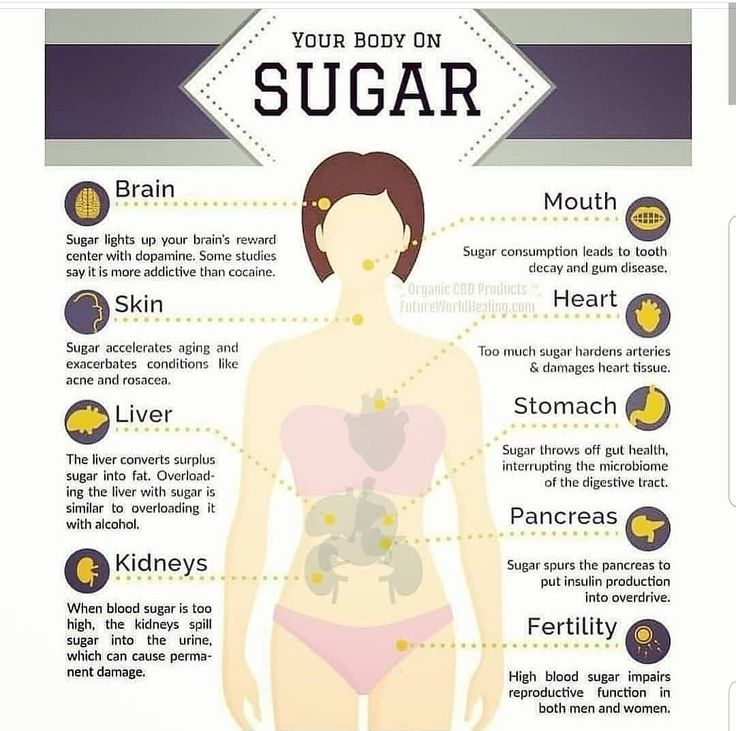
High cortisol levels can be caused by:
To lower your cortisol levels, maintain excellent sleep hygiene to help you stay in sync with your circadian rhythm and practice stress-busting techniques like spending time in nature, reading, and implementing a wind-down routine before bed.
If you’re struggling to feel sleepy at night, you might be tempted to reach for an over-the-counter sleep aid. But these medications not only come with many health risks and side effects, they don’t help you get naturalistic sleep. Plus, when you stop using them, you may experience rebound insomnia, meaning the sleep problem you were trying to fix is suddenly even worse.
There are rare occasions when melatonin, a supplement version of the natural sleep hormone, can be useful.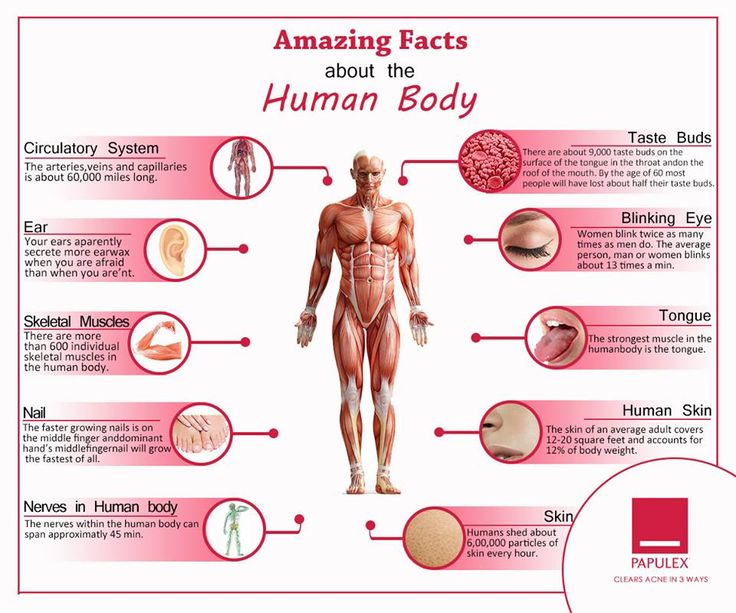
Consider taking melatonin to help you fall asleep when shifting your circadian rhythm. This happens when:
If you do turn to melatonin in these cases, the RISE app can tell you the best time to take the supplements to help you feel sleepy at your desired bedtime.
For a deeper dive into the safety, side effects, and alternatives to sleep aids, head here.
If you wake up during the night and have trouble falling back to sleep, you can perform a sleep reset. Tossing and turning in bed while watching the clock will only hike up your cortisol levels and make it harder to fall back to sleep. Instead, get out of bed and do a relaxing activity like reading until you feel sleepy.
If you’re trying to bring your sleep schedule forward — perhaps you’re a night owl trying to become a morning person — it helps to do things gradually.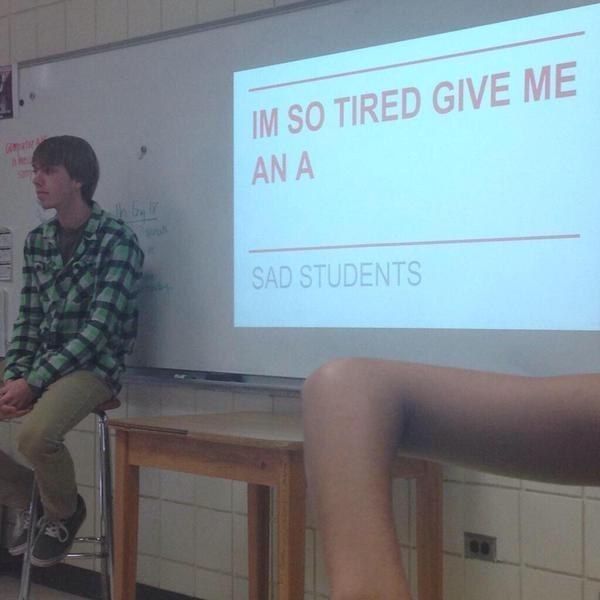
Set a bedtime that’s 15 minutes earlier every few days, instead of making huge jumps. This way, your circadian rhythm can slowly get used to the change and you’ll start to feel sleepy at an earlier time.
You can learn how to reset your sleep schedule here.
This is another tip that can help you feel tired in the moment. Relaxation techniques and breathing exercises can not only slow down your body and mind, they can give you something to focus on to stop your mind whirring with anxious thoughts.
You can try:
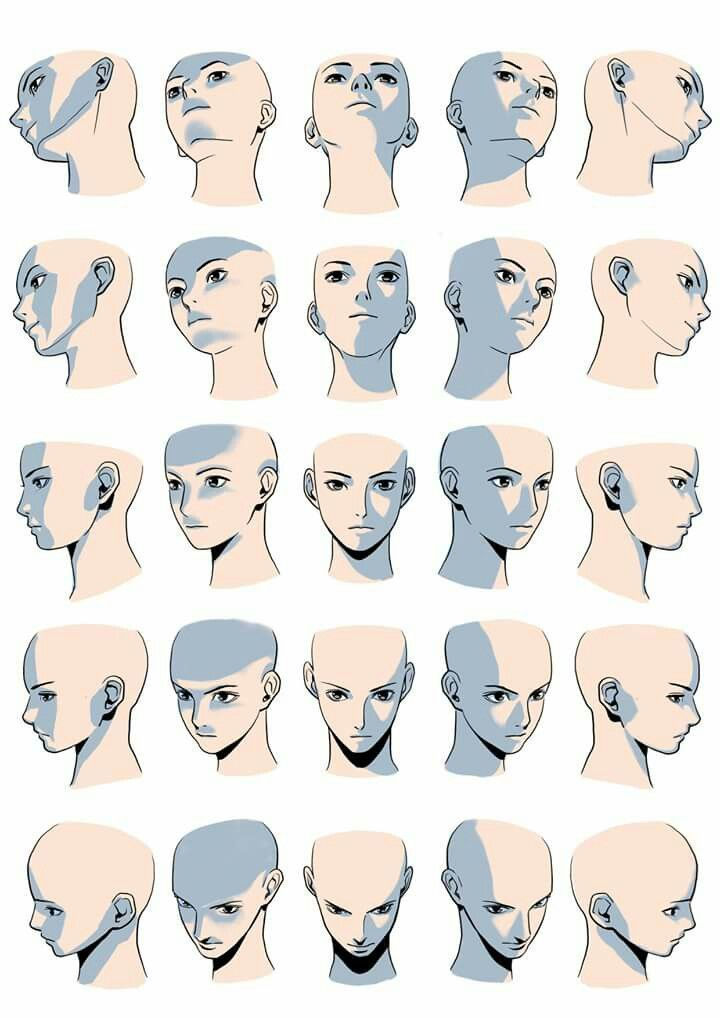 Try imagining parts of your body getting warmer or heavier.
Try imagining parts of your body getting warmer or heavier.The RISE app can guide you through relaxation and deep breathing techniques like these.
Calming, slow, relaxing music can help you wind down and feel sleepy. It can also provide a distraction if anxiety is keeping you up and block out any sounds that may disturb you.
Relaxing classical music has been shown to improve perceived sleep quality in students and soothing music has been shown to help older adults fall asleep more quickly and wake up less during the night.
As we’ve said, stress and anxiety can make falling asleep much harder. Another way to manage this is by doing a brain dump. Write down everything that’s stressing you out or make a to-do list for the next day.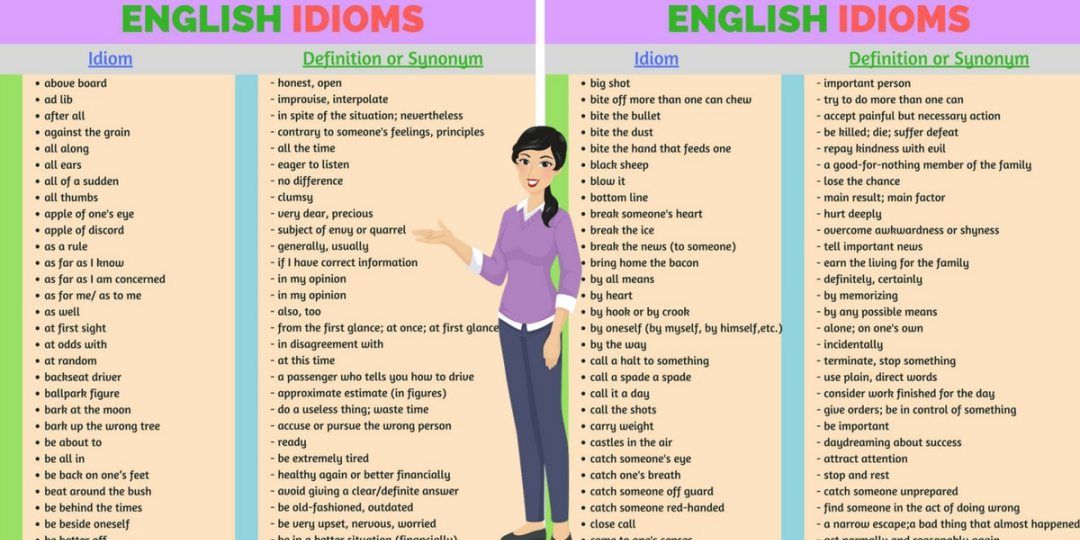
RISE can remind you to do a brain dump each evening. Plus, if you do your brain dump in the app, it will even remind you the next day, so you can drift off safe in the knowledge you won’t forget any important tasks.
We’ve explored more ways to curb anxiety at night here.
Science shows aromatherapy can work, so turn to essential oils to help you get some shut-eye. You need to choose the right ones though, as some can make you more alert while others make you feel drowsy.
Try these as they can increase drowsiness and feelings of relaxation:
Avoid these as they can increase alertness:
As you now know, better sleep hygiene and a consistent, well-timed bedtime, not sleeping pills, are the keys to feeling sufficiently tired at night to fall asleep and stay asleep. Get the RISE app today and observe how the amount of time you spend wide awake in bed significantly dwindles and your energy soars.
Get the RISE app today and observe how the amount of time you spend wide awake in bed significantly dwindles and your energy soars.
We include products we think are useful for our readers. If you buy through links on this page, we may earn a small commission. Here’s our process.
If you buy through links on this page, we may earn a small commission. Here’s our process.
Greatist only shows you brands and products that we stand behind.
Our team thoroughly researches and evaluates the recommendations we make on our site. To establish that the product manufacturers addressed safety and efficacy standards, we:
We do the research so you can find trusted products for your health and wellness.
Read more about our vetting process.Want to finally get some dang Zzz’s, but you’re just not tired? One of the most frustrating sleep problems is having to get rest, but not feeling sleepy at all.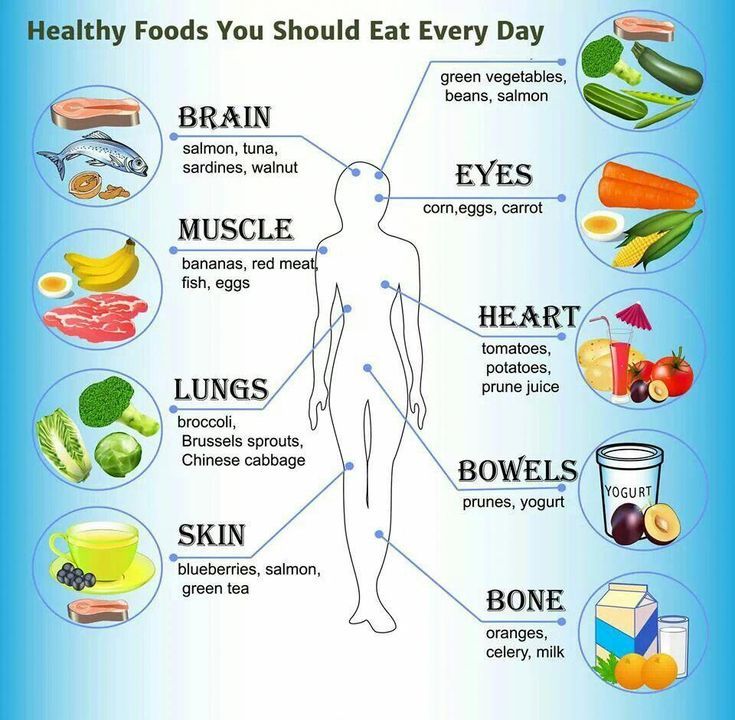
When you need to sleep ASAP but don’t feel drowsy, you may spend countless hours wide awake in bed. If counting sheep isn’t cutting it, here are a few ways to make yourself tired.
All your friends on social media who brag about essential oils may be onto something. Certain EOs have been associated with increased relaxation and better sleep quality.
Dab some lavender or damask rose oil on your wrists or pillow (after a patch test, of course, if you’ve never used it before), or add a few drops in a diffuser. It may just do the trick. But first, make sure you get the good stuff.
Want to wear yourself out so you feel tired? Exercising has been known to help us sleep better — just don’t do it too close to bedtime. If a sweat-fest doesn’t make you tired (it wires some people), try this muscle relaxation method.
Lie down and let your entire body feel heavy. Then practice tensing and releasing muscle groups from head to toe. Squeeze gently for about 5 seconds and then release each group (face, neck, shoulders, arms, etc. ), one at a time.
), one at a time.
A little namaste could help you get nocturnal. Yoga and meditation have both been shown to improve sleep, so moving around a little and making time to meditate could be a natural way to get those desperately needed Zzz’s.
Here’s a pill-free way to make yourself sleepy: Just turn down the heat, or turn up the air conditioner. Research has found keeping your room around 65°F (18°C) may help you fall asleep.
A warm shower or bath can also speed up your body’s natural tendency to get cooler at nighttime.
Think about it: Do you ever sleep well when you’re too cold or too hot? Heck no! If you’re wide awake and want to be in a REM cycle instead, try optimizing the temperature a bit.
A little breathwork may be just what you need to head off to dreamland. Using the “4-7-8” method can induce relaxation, and it’s easy to try.
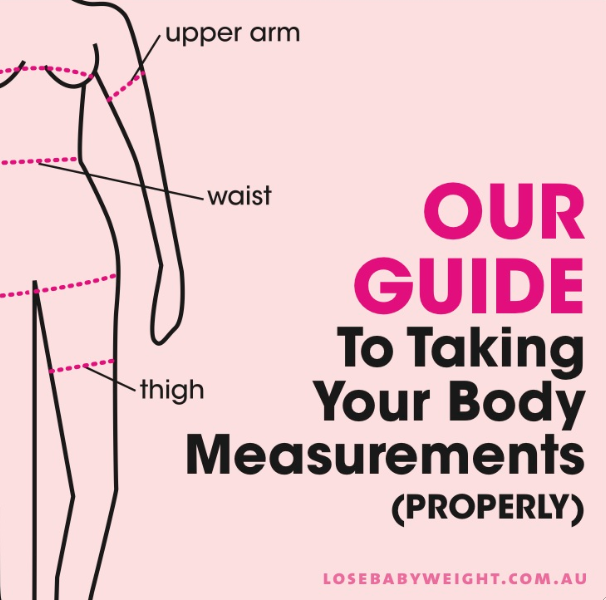
Some science says to turn all electronics off, but using an app on your phone like Calm or Unplug may help you relax enough to fall asleep.
Again, it may seem counterintuitive to glance at your phone when you’re trying to doze off. But when you consider that 1 in 3 adults don’t get enough sleep regularly — and you may be one of them — you might want to keep your phone nearby.
CBD (aka cannabidiol) still has a ways to go when it comes to definitive sleep research, but this active ingredient in the cannabis plant may help you get some shut-eye.
A small 2019 study found participants who took CBD improved their overall sleep scores by about 66 percent in the first month, but the result wasn’t consistent over time.
You can try over-the-counter (OTC) CBD oils, recipes, or check out our top CBD gummies for sleep.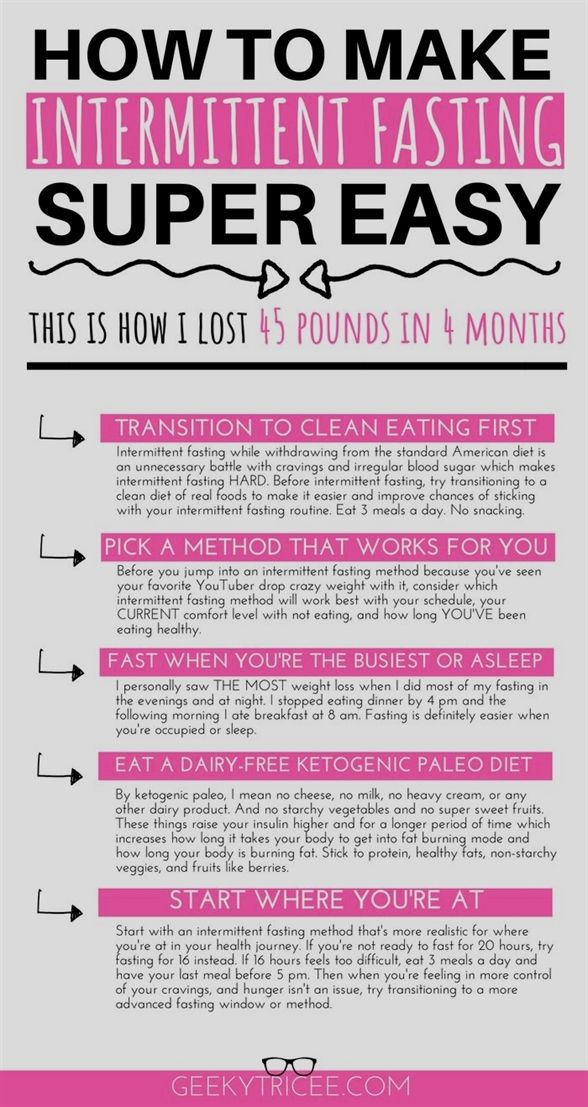
Beyond your traditional “sleeping pill,” supplements like magnesium may help. Magnesium can fire up neurotransmitters that make you feel relaxed and tired. Taking 200 to 400 milligrams per day with food could help you zonk out.
Try drinking a cup of tea to get sleepy. Chamomile, lemon balm, passionflower, lavender, valerian root, and magnolia bark have all been tied to getting a better night’s sleep. As the latter varieties may not be as widely available, the OG sleepy-tea chamomile may be your best bet.
It’s hard to tell what sleep position you’re in if you toss and turn all night. People used to say that back sleepers had it best, but one study found that sleeping on your side was linked to better sleep.
When in doubt, change things up to get more comfy.
The writers of Go the F*ck to Sleep were really onto something. That page-turner starting to make you dose off? Reading could help you sleep (at least it’s been shown to in children)!
Just make sure you ditch the tablet and use a paper book or magazine.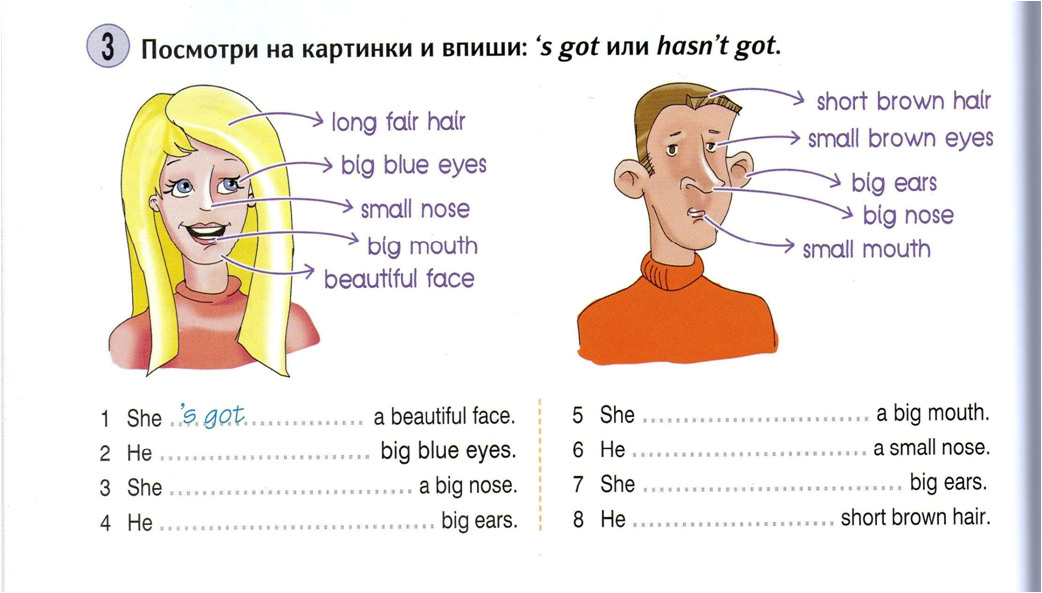 That’s because electronic devices emit blue light that can zap your much-needed melatonin levels (the hormone that helps you sleep).
That’s because electronic devices emit blue light that can zap your much-needed melatonin levels (the hormone that helps you sleep).
Need something to read? Check out Greatist Reads, the official Greatist book club.
Products containing melatonin have flooded the market because it’s a natural way to get some Zzz’s.
Taking 0.5 to 5 milligrams 2 hours before your desired bedtime could improve the quality of your sleep and morning alertness.
5 HTP is an amino acid your body produces naturally that can increase your serotonin levels, which has been associated with sleep regulation. As a supplement it also can convert serotonin into the sleep-linked hormone melatonin.
Taking 300 to 500 milligrams per day has been an effective treatment for insomnia.
Gamma-aminobutyric acid (code name GABA) is a compound made in your noggin that may help your central nervous system calm the eff down.
As a supplement, a dose between 250 to 500 milligrams (don’t go over 1,000!) is recommended.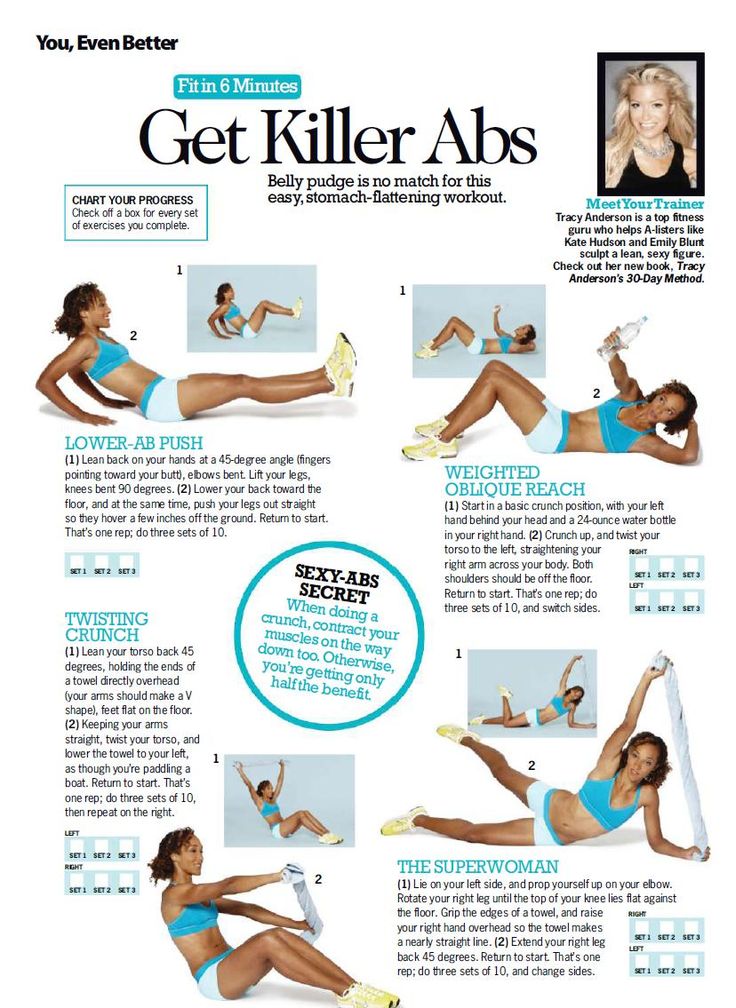
This amino acid is known for its sedative-like properties, which can sound like a dream come true if you want to sleep. Also known as L-theanine, it can raise levels of GABA, serotonin, and dopamine — all neurotransmitters tied to sleep.
According to one report, taking 200 milligrams per day aids in relaxation. A 2019 study also found that theanine and GABA together worked well on sleep quality and duration.
A note on sleep supplements
Before heading into dreamland via a sleep supplement like melatonin, 5 HTP, GABA, or L-theanine take note: Supplements aren’t proven to be 100 percent effective for sleep.
The optimal dosage is questionable (and varies per person). Plus, the best form to take that supplement like a chewable, dissolvable, pill, powder, etc., comes into play.
We also just don’t know if supplements (herbal or otherwise) can really cross the blood-brain-barrier and help us get to sleep freaky fast.
Whether you like sleeping in the buff, or you like to have a pre-sleep romp, both could help you conk out.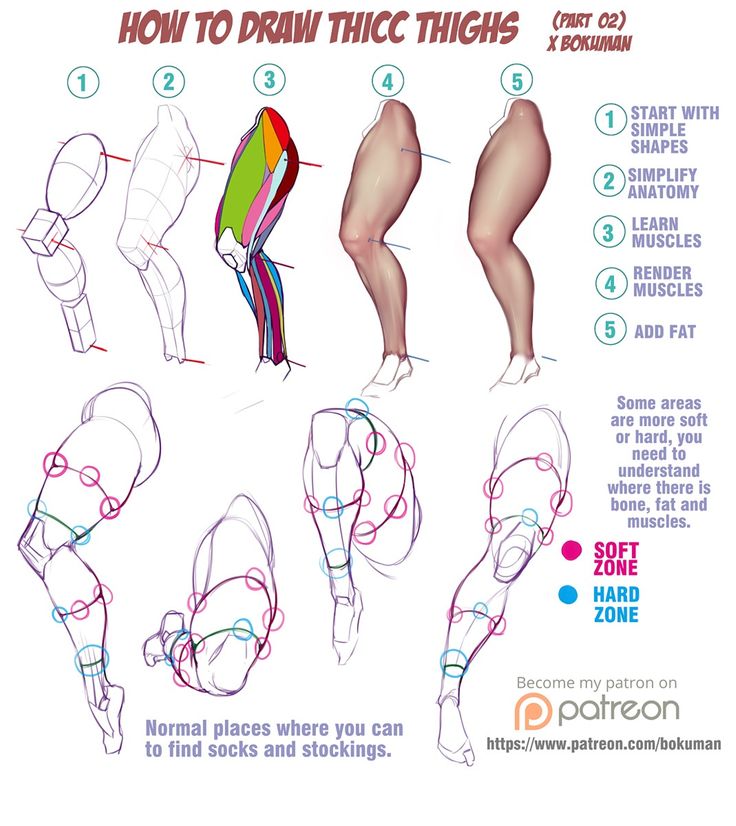
The feel-good cuddle hormones oxytocin and dopamine release after a sex sesh are known to help relaxation (aka why guys always pass out after sex). Sleeping nude can also help reduce your body temperature, which leads to better Zzz’s.
Got cold feet? If your feet feel like blocks of ice under the covers, it may be a good idea to put socks on. Cold feet cause less blood to circulate in your body, so keeping them toasty may signal to your brain that it’s time to shut down.
For optimum sleep, these techniques can’t work without getting enough sleep. You still need a good sleep foundation.
Sleep deprivation can make you feel terrible. Have a hard time feeling drowsy on the regular or not getting any sleep? If that’s the case, something more serious may be behind your sleep probs.
Some health conditions and scenarios that make it hard to feel tired include:
If you have a hard time getting to bed regularly, it may be time to see to your doc.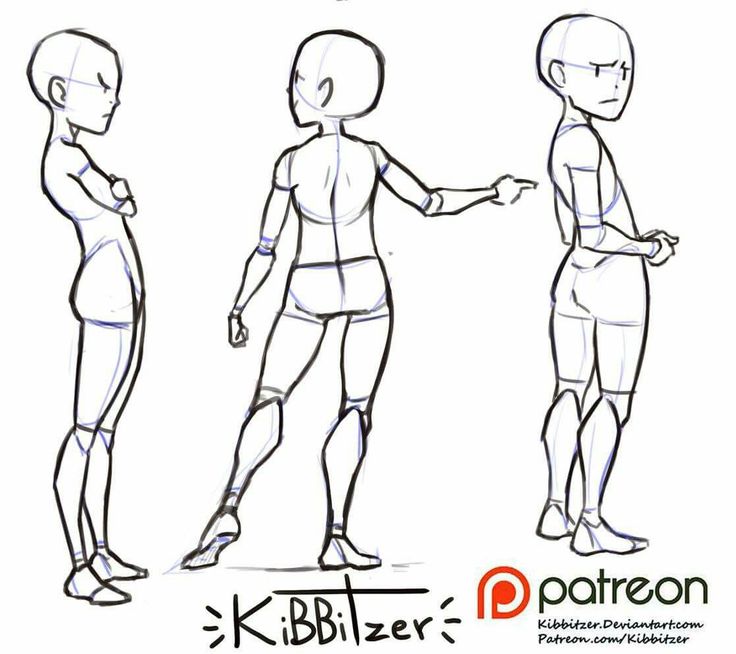 A healthcare provider can really help you get to the root of the problem. And, help you figure out a long-term treatment plan for a good sleep foundation with CBT (cognitive behavioral therapy).
A healthcare provider can really help you get to the root of the problem. And, help you figure out a long-term treatment plan for a good sleep foundation with CBT (cognitive behavioral therapy).
Woke up, but as if you had not slept? If you wake up tired and even broken in the morning, you need to fix it urgently. We have collected 9 working tips that will help you become alert again and wake up full of energy.
Sports are the last thing you want to do when you feel tired. But research shows that the more physical activity you have, the more energy you have. nine0003
Even short workouts will make you more alert and self-confident. And they will improve the work of the heart, lungs and muscles - and improve well-being.
Devices from the pharmacy will help track the state of the body before and after training:
Any exercise is useful in the fight against fatigue, but yoga is especially useful.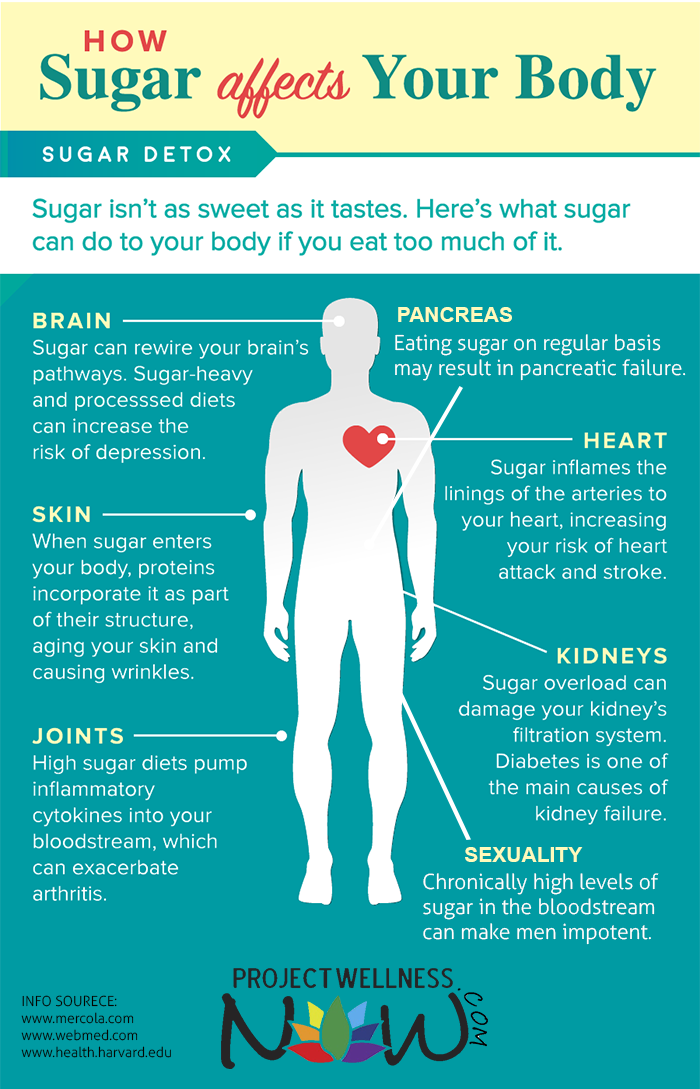
There are also several studies on this subject - for example, scientists in the UK conducted an experiment: they gathered a group of volunteers, forced them to do yoga once a week (only once!). Six weeks later, they were interviewed: everyone noted that their thoughts became clearer, and their energy and self-confidence increased. nine0003
Dehydration robs you of energy and reduces physical performance - if you don't have enough water in your body, you will get tired even with the simplest housework. Dehydration also reduces alertness and concentration.
You can tell if you are drinking enough water by the color of your urine: if it is dark, you need to drink more.
Important: you need to drink exactly water, not juices, compotes or dairy products - everything except water is perceived by the body as food, and this does not save you from dehydration. nine0003
You can also buy water in pharmacies:
The logic is simple: you get more sleep, you get less tired.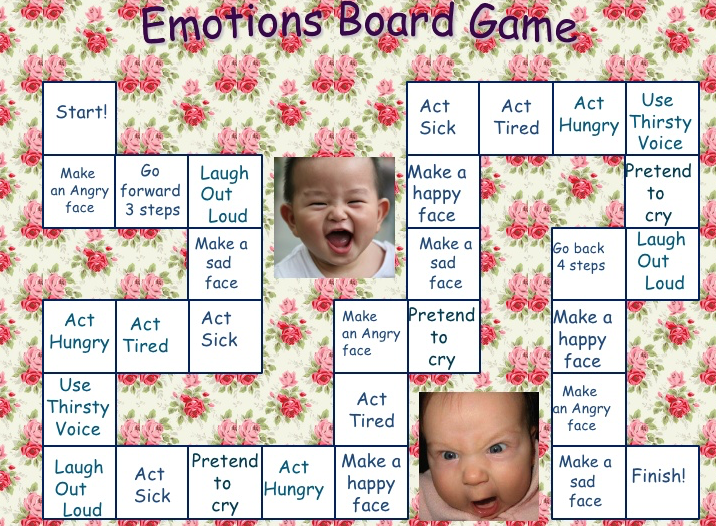 Try to go to bed before midnight and put your gadgets away at least an hour before bedtime - so their bright light does not interfere with the production of melatonin, and you can fall asleep quickly.
Try to go to bed before midnight and put your gadgets away at least an hour before bedtime - so their bright light does not interfere with the production of melatonin, and you can fall asleep quickly.
0003
Fluctuations in blood sugar affect how awake you are throughout the day - the more fluctuations, the more tired you are. To stabilize your sugar levels, you need to increase the number of meals and reduce the amount of servings.
How it works. Sugar is found in almost every product. If we eat a hearty lunch, a lot of sugar enters the body at a time, its concentration rises sharply, and the body absorbs it for a long time. Dividing a heavy meal into at least two small meals will reduce your blood sugar spike and keep you awake for longer. nine0003
Supplement your diet with vitamins for energy:
Fish contains healthy omega-3 fatty acids.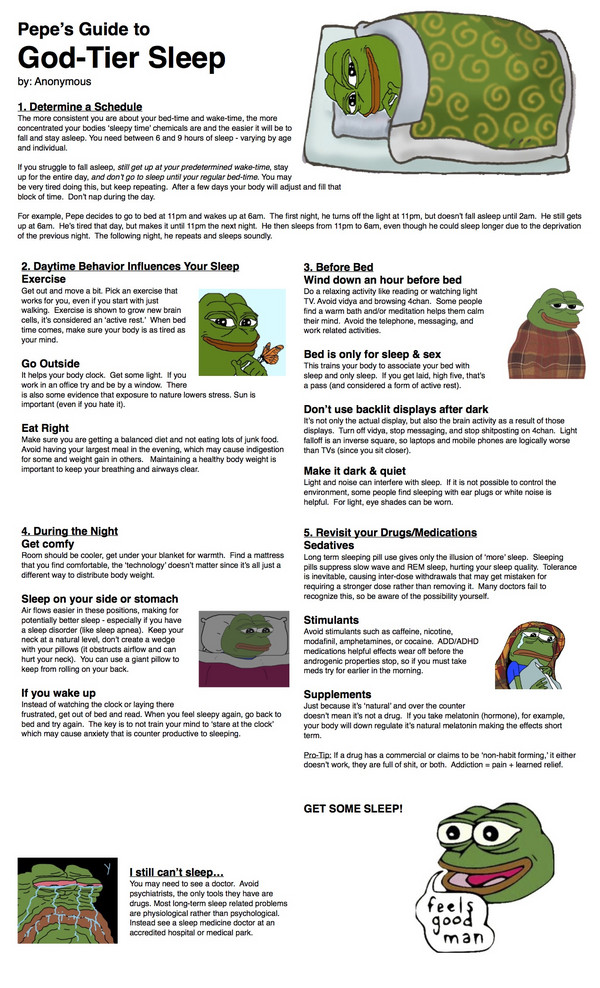 They improve metabolism and increase alertness - and this helps to stay alert and alert throughout the day.
They improve metabolism and increase alertness - and this helps to stay alert and alert throughout the day.
If there is not enough fish in your diet, supplement your diet with supplements:
Of course, you need to reduce not the weight itself, but the percentage of fat in the body - just more often one is inseparable from the other. Scientists from Johns Hopkins University have proven that even a small reduction in body fat improves mood and makes a person more alert.
To start losing weight, experts advise reducing portion sizes, eating a balanced diet, and exercising (or at least walking more often). If you work remotely and are afraid that you won’t be able to lose weight due to sedentary work at home, read this material - in it we told you how to start losing weight even remotely. nine0003
Help in losing weight can be found in pharmacies:

Are you an owl or a lark? The answer to this question will help you not to suffer from fatigue during the day. If you are a morning person and feel energized in the morning, plan all the important things for the first half of the day. If an owl - at the end of the day.
This biological clock, or circadian rhythm, is determined by genetics and brain structure, so changing it can be very difficult. It's much easier to just adapt to them
And if you have problems with activity and fatigue even when you expect a daily energy peak, help:
Important: constant fatigue is a common symptom of many diseases. These include, for example, diabetes, heart disease, arthritis, and anemia. If you have been feeling uncharacteristically tired for a long time, talk to your doctor.
Certain medications can also cause fatigue, such as blood pressure medications, antihistamines, diuretics, and other medications. If you start taking something and feel that you are getting tired faster or more often, tell your doctor about it. nine0003
If you start taking something and feel that you are getting tired faster or more often, tell your doctor about it. nine0003
What to drink if everything infuriates you? Five legal remedies to help you get Zen
How to quit smoking with the help of a pharmacy?
How to diversify sex in one trip to the pharmacy?
How often have you caught yourself thinking that you are tired and cannot fully relax even on weekends? Most likely, this is a consequence of constant stress and loads that the body can no longer cope on its own. To avoid overwork, you need to understand how to learn to relax psychologically and physically, without losing working capacity. nine0003
Even in the most difficult and difficult moments, being able to relax means giving yourself the opportunity and the way to build a defense against stress. This will help to get rid of many problems of modern people. Insomnia, headaches and migraines, weakening of the immune system. Each of the points is most often caused by general fatigue of the body.
Insomnia, headaches and migraines, weakening of the immune system. Each of the points is most often caused by general fatigue of the body.
To understand how to learn to relax, you need to understand the causes of stress. This will help you quickly learn to activate internal forces and be calm more often. To do this, it is not at all necessary to visit a specialist's office or expensive salons for relaxation. It is enough to understand how to negotiate with your own body. nine0131
Often people forget how important it is to give yourself a break. The ability to relax physically and emotionally is a useful function of the body, which can be forgotten over time. Especially if you have been under constant stress and conflict for a long time.
Internal problems cannot find a way out if you do not know how to relieve stress without resorting to the help of a psychologist. Nevertheless, there are such ways of relaxation, and there are many of them.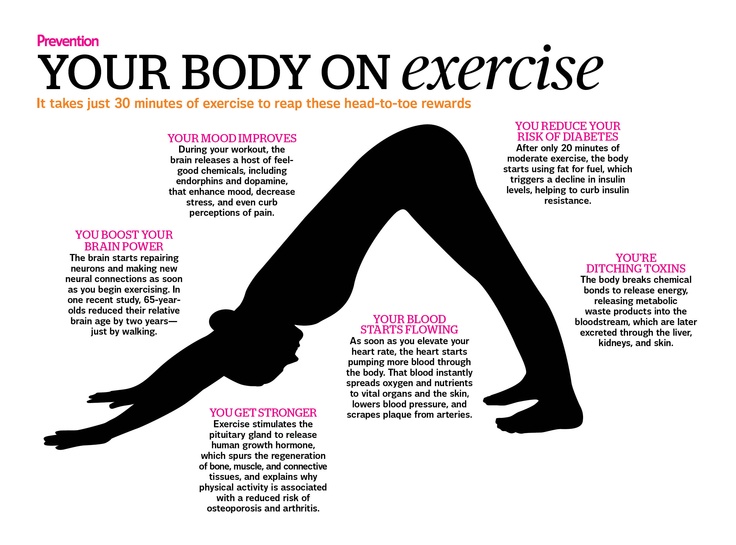 It is enough to find a suitable option for yourself and do not forget to use it from time to time. nine0003
It is enough to find a suitable option for yourself and do not forget to use it from time to time. nine0003
The ability to disengage from unpleasant surroundings and thoughts - this is the ability to relax. You can do this almost anywhere where you can retire for a few minutes. Failures, problems and other negativity will gradually recede from you.
The reasons why you experience constant stress and fatigue can be very diverse. The most frequent of them are:
As a result, a lot of negative energy accumulates inside you. She presses not only psychologically. Instinctively, your body tries to protect itself from the influence of negativity. As a result, you get tight muscles, poor sleep and constant tension in the body.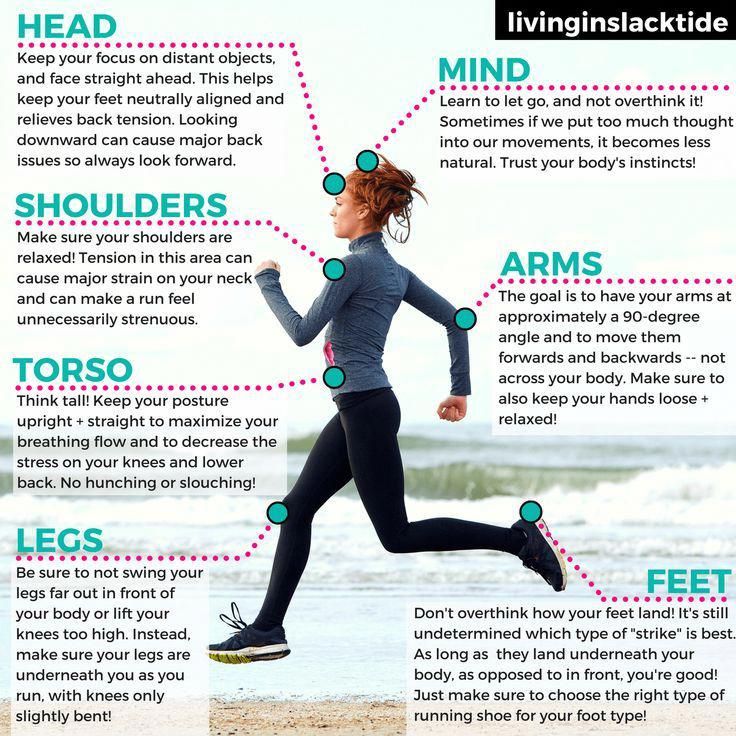 nine0003
nine0003
Residents of megacities are more likely to be affected by stressful situations. This is due to the increased speed of life, which is why it is so important to be able to relax quickly without wasting precious time. Otherwise, your body will not be able to cope even with everyday activities.
To combat fatigue and overexertion, it is not enough just to sleep or lie down with your favorite book. Yes, and most often it is problematic to find time for such a vacation. However, there are ways to get rid of stress in a very short time. It is easy to learn to relax during the working day. At the same time, you do not lose your efficiency and can quickly return to the ranks of your colleagues. nine0131
When there is a lot of free time, it is worth using it to the maximum in order to bounce back. So you can not only fully get rid of overload, but also teach the body to deal with stress at any time. The technique of performing actions for rest, by the way, does not require special skills and abilities. Therefore, you can safely proceed to improve your well-being and strengthen the nervous system.
The technique of performing actions for rest, by the way, does not require special skills and abilities. Therefore, you can safely proceed to improve your well-being and strengthen the nervous system.
Do you understand that it is difficult to restrain negative emotions rushing out? This is the first sign of overwork and excessive stress. If suppressed in oneself, such manifestations can develop into depression and other mental illnesses. But you can’t openly pour out anger and fear, especially in a crowded place. There are methods to deal with piled overvoltage quickly:
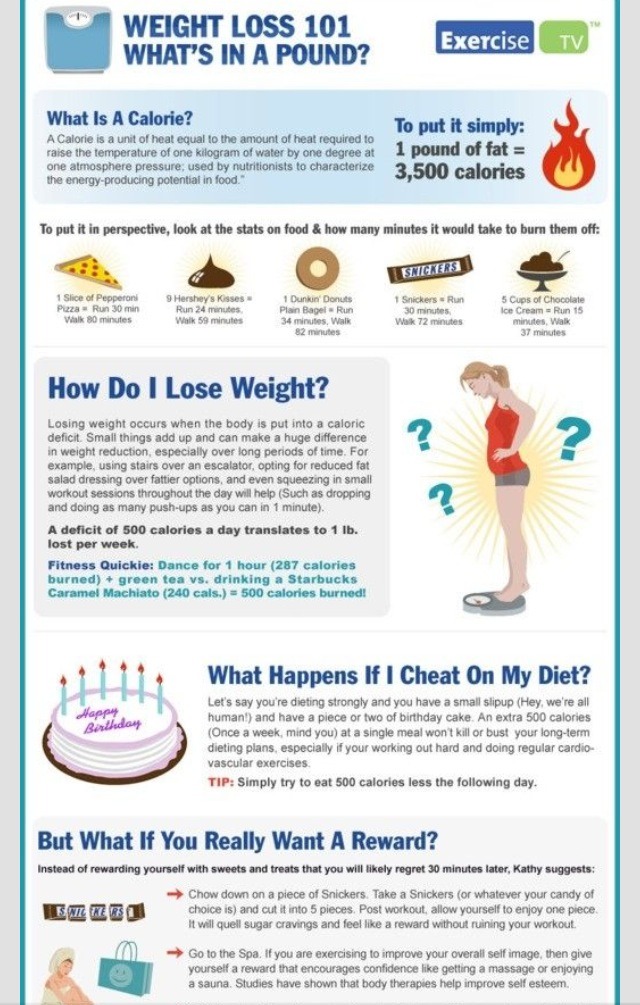 The more vivid the memory, the better.
The more vivid the memory, the better. These simple actions will not relieve you of overload completely, but will give you the opportunity to calm down for a while. Later, at home in a calm environment, you can use a more effective method of relaxation.
Your subconscious is quite capable of coping with any load. You just need to be able to activate the defense mechanisms. Meditation and proper breathing will help you with this. It's not as difficult as it might seem. nine0003
Choose a time when you can be alone with yourself. Sit in the lotus (if you can) or half lotus position. It is important to keep your back straight so as not to prevent the lungs from being completely filled with air.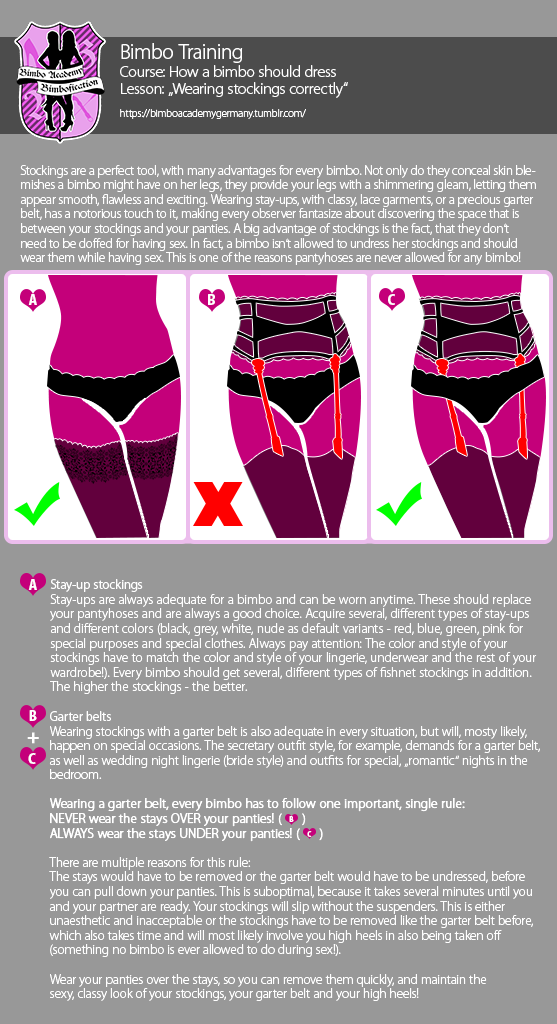 Close your eyes and breathe slowly and measuredly. Try to imagine a calm, peaceful place, such as the sea or a field. Make yourself feel like a light wind is blowing in your face. It brings favorite smells, pleasant and unobtrusive.
Close your eyes and breathe slowly and measuredly. Try to imagine a calm, peaceful place, such as the sea or a field. Make yourself feel like a light wind is blowing in your face. It brings favorite smells, pleasant and unobtrusive.
Most of our problems are internal. They do not allow you to fully rest and relax properly. It is very difficult to get rid of negative thoughts and emotions. However, it is very important to learn how to do this in order to ensure inner harmony and peace.
Do not look for causes of stress in your environment and try not to think badly even about the most unpleasant circumstances. Train yourself to be an optimist and find the good in everything. Got laid off at work? This is your chance to find something you love. Wet in the rain and caught a cold? So there was time to devote the day only to yourself and finally read a new book. nine0003
The ability to relax completely can be obtained not only during a massage session.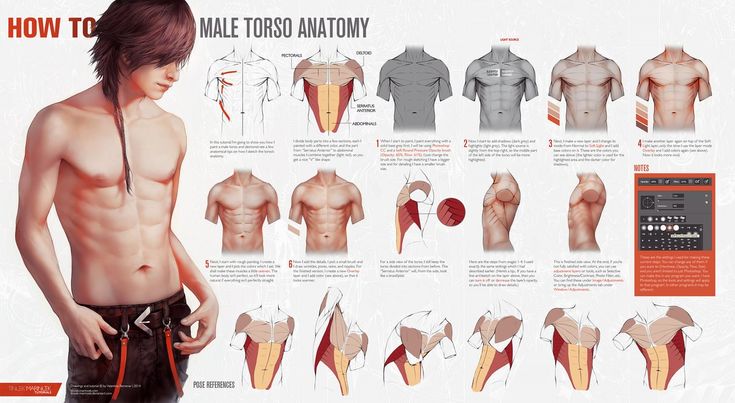 Although this method is undoubtedly very effective. Meditation helps to achieve the optimal balance between inner peace and relaxation of the body. This greatly increases the body's chances of resistance to the surrounding negativity.
Although this method is undoubtedly very effective. Meditation helps to achieve the optimal balance between inner peace and relaxation of the body. This greatly increases the body's chances of resistance to the surrounding negativity.
For a full-fledged meditation, it is worth allocating at least 20 minutes a day. At this time, no one should disturb or pull you. Avoid excessive noise, but you can turn on the music. It is worth choosing calm melodies, without sharp transitions. A slow rhythm will help you better coordinate your breathing. nine0003
As you know, mental work much more often leads to exhaustion of the body than physical work. The reason is that the work of the brain involves too many nerve cells. And the longer you do not give yourself a break from the constant thought process, the stronger the impact of stress will be. You can’t overload yourself with problems and worries every day, while forgetting to rest.
How to give the brain a break from mental work, while not losing the ability to quickly respond to changing tasks? It is worth learning to protect yourself from bad thoughts.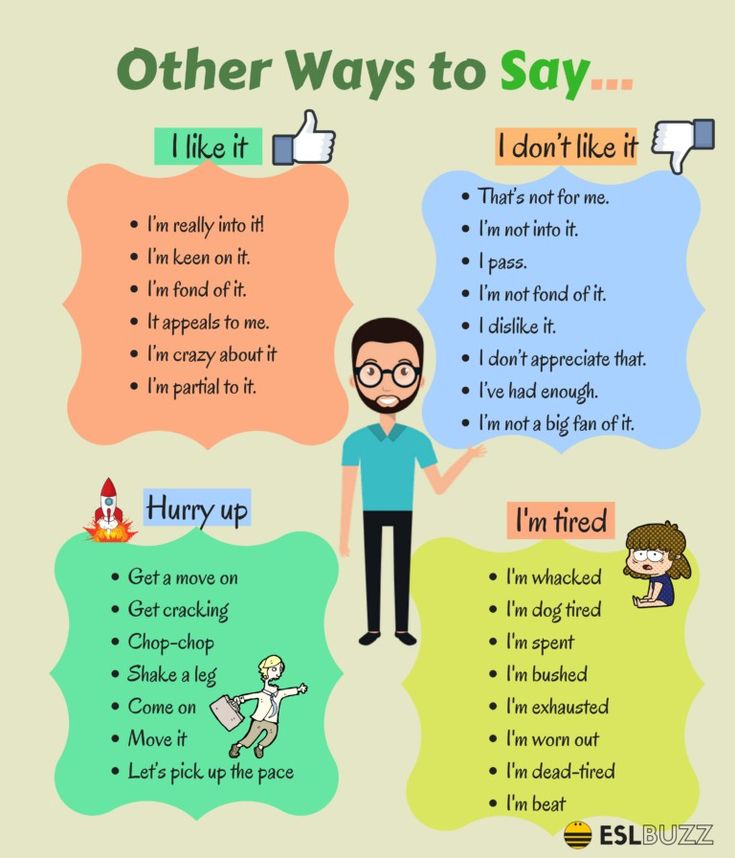 Yes, at first it is quite difficult to do this. But by practicing constantly, you will learn to let any negative thoughts pass you by without loading your brain: nine0003
Yes, at first it is quite difficult to do this. But by practicing constantly, you will learn to let any negative thoughts pass you by without loading your brain: nine0003
Three simple steps that will successfully relax your head and relieve your brain of tension.
Faced with stress, many people are afraid of new actions and thoughts, which dooms themselves to constant fatigue. This problem needs to be solved very quickly, as it acts destructively on your subconscious. The researchers concluded that the female sex is more prone to stress than the male. Increased emotionality and a low psychological protective barrier affect.
How to relax a woman faced with stress, so as not to injure the nervous system anymore? Give yourself half an hour of rest a day.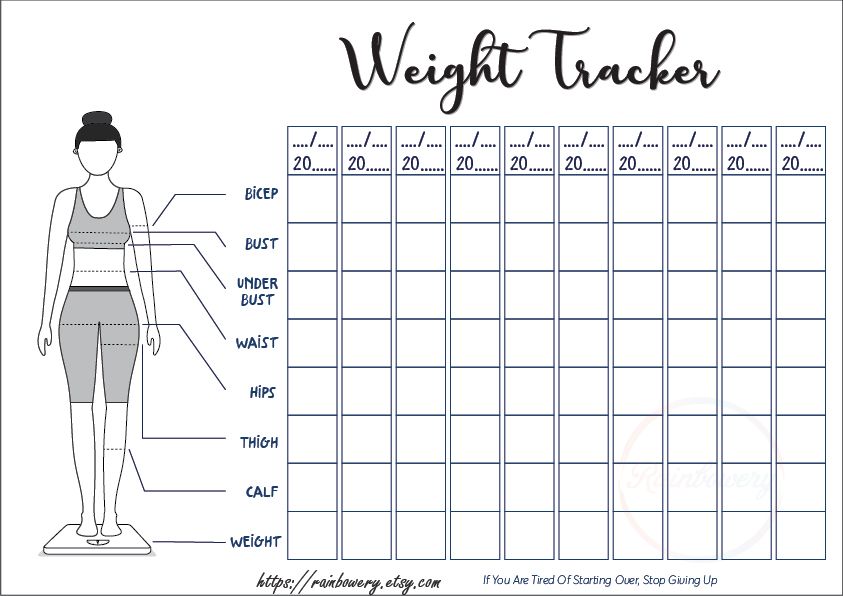 During this time, you should use breathing exercises, drink warm tea and think about your dreams. It is about dreams, not goals, which are easy to achieve with enough time and money. Every emotion you have at this moment should be filled with positivity and happiness. nine0131
During this time, you should use breathing exercises, drink warm tea and think about your dreams. It is about dreams, not goals, which are easy to achieve with enough time and money. Every emotion you have at this moment should be filled with positivity and happiness. nine0131
A successful practice in dealing with stress is the Schultz complex. This professor is fully convinced that every person has a certain degree of ability to hypnosis. And with the help of it, it is quite possible to fight overwork. You need to do this in several steps.
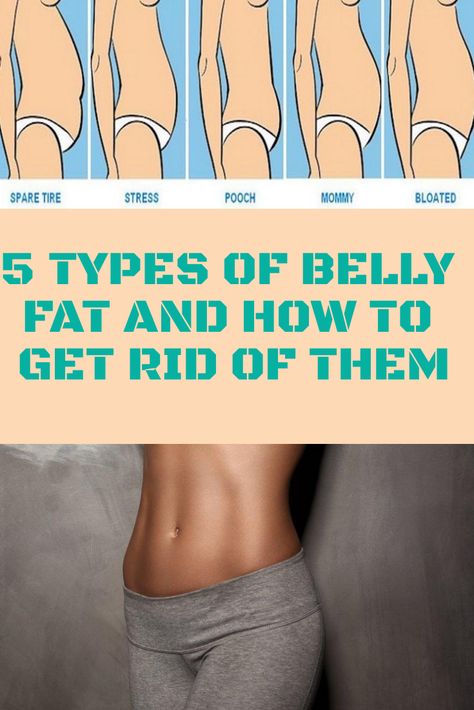 It is important to really feel the mental projection.
It is important to really feel the mental projection. It is worth understanding how to completely relax with the help of breathing. Yes, we breathe all the time, but only certain techniques will help to cope with overvoltage. First of all, remember that deep breathing should not be sharp, you need to inhale and exhale smoothly and slowly.
The topic of proper breathing is well known to those who practice yoga. It is in this teaching that it is well told how to breathe for the benefit of oneself. Do not be too lazy to pick up a few simple exercises for yourself and perform them daily. nine0003
It is in this teaching that it is well told how to breathe for the benefit of oneself. Do not be too lazy to pick up a few simple exercises for yourself and perform them daily. nine0003
Scientists have found that the presence of a certain set of genes provides stress resistance. It is this mechanism that allows you to relax and avoid the critical state of overvoltage. To determine your level of preparation for the negative, you can do a MyNeuro DNA analysis. This will help to identify possible problems in the mechanisms of protection against stress and work to strengthen them.
Our center offers to carry out all the necessary genetic research. Thanks to modern equipment, you can find out the features of your body.